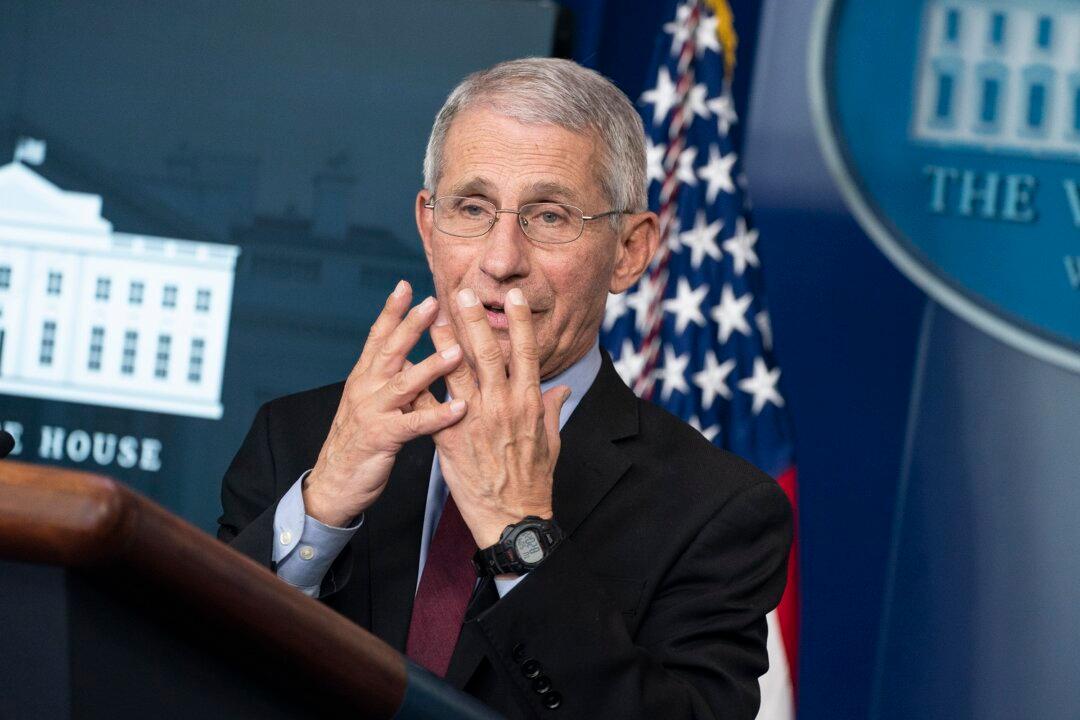Commentary
In recent months, as a vicious pandemic spread out of China, an emerging technocracy—rule by experts—threatened to seize control of much of our public life.

In recent months, as a vicious pandemic spread out of China, an emerging technocracy—rule by experts—threatened to seize control of much of our public life.